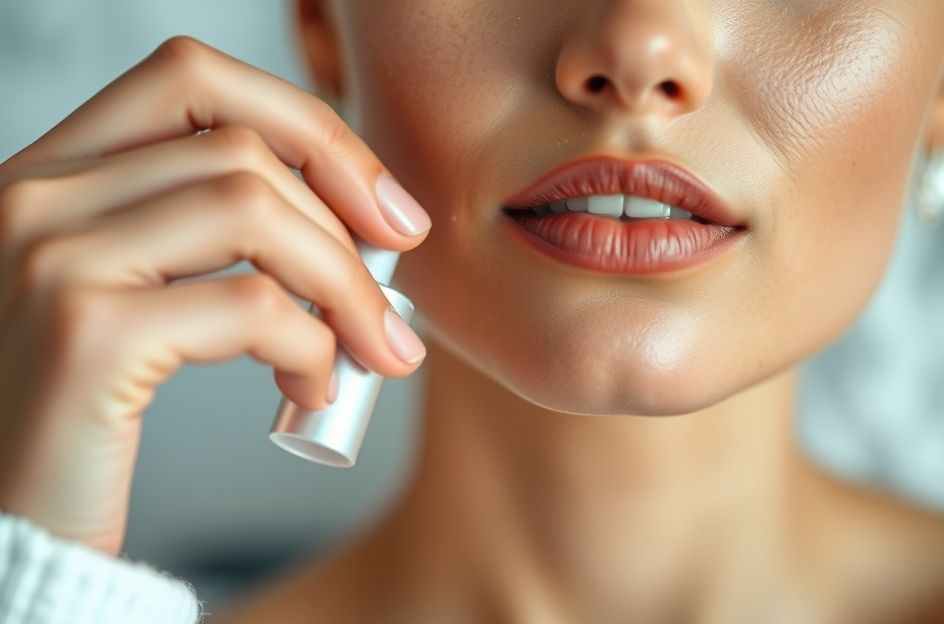Achieving optimal results from skincare products often depends on proper application techniques, not just the product itself. While individual body chemistry and product effectiveness play a role, incorrect application is a common culprit when results fall short.
Skincare creams, gels, and lotions deliver active ingredients topically. Their effectiveness hinges on proper absorption, influenced by factors like skin temperature, hydration, and environmental conditions. To maximize product benefits:
1. **Cleanse Before Application:** Apply products immediately after a warm (not hot) shower or bath. Clean, warm, and moist skin absorbs ingredients more effectively. Avoid hot water, as it accelerates aging. Consider a charcoal shower filter to minimize chlorine exposure, as skin absorbs more chlorine during showers than from drinking water.
2. **Gentle Cleansing:** Avoid harsh soaps or shampoos that can dry the skin. Opt for moisturizing soaps, skin cleansers, or plain warm water.
3. **Exfoliate Regularly:** The top layer of dead skin cells can hinder product penetration. Regular microdermabrasion safely removes this layer, revealing healthier skin and enhancing product absorption. Microdermabrasion also stimulates collagen and elastin production, reducing wrinkles, fine lines, and acne scars.
4. **Apply with Care:** Use short, firm strokes, avoiding stretching or rubbing the skin. Gently massage the product in by tapping the area with your fingers for about 30 seconds.
5. **Home Microdermabrasion Caution:** If using at-home microdermabrasion, follow directions meticulously. Start gently to allow skin to adjust, gradually increasing pressure and duration over several applications (about 2 weeks apart), up to a maximum of 3-5 minutes, depending on skin sensitivity.
6. **Patch Test for Sensitivity:** If you have sensitive skin or allergies, test products on a small area of your underarm (inner forearm) before full application.
**Do You Have Sensitive Skin?**
Sensitive skin is common, affecting over 40% of people. Causes include age, heredity, gender, and racial differences. Consider these questions:
1. Does your skin become excessively dry after washing with soap?
2. Does your skin become oily and prone to breakouts after using certain moisturizers?
If you answered yes to either, you might have sensitive skin.
3. Does your skin become red, itchy, burning, or feel tight after contact with perfumes, shampoos, shaving creams, detergents, hair sprays, cleaning products, or deodorants?
Many household and personal products contain fragrances and dyes that irritate sensitive skin. Hypoallergenic products without known irritants are recommended.
4. Does your skin react with redness, itching, burning, or tightness after prolonged exposure to sun, wind, heat, or cold?
Extreme weather conditions can damage the skin’s natural protective barrier (sebum), irritating sensitive skin.
5. Do you have acne or psoriasis?
People with acne, psoriasis, or eczema often have sensitive skin due to impaired immune function or a compromised skin barrier. If you have these conditions, you may have sensitive skin.
